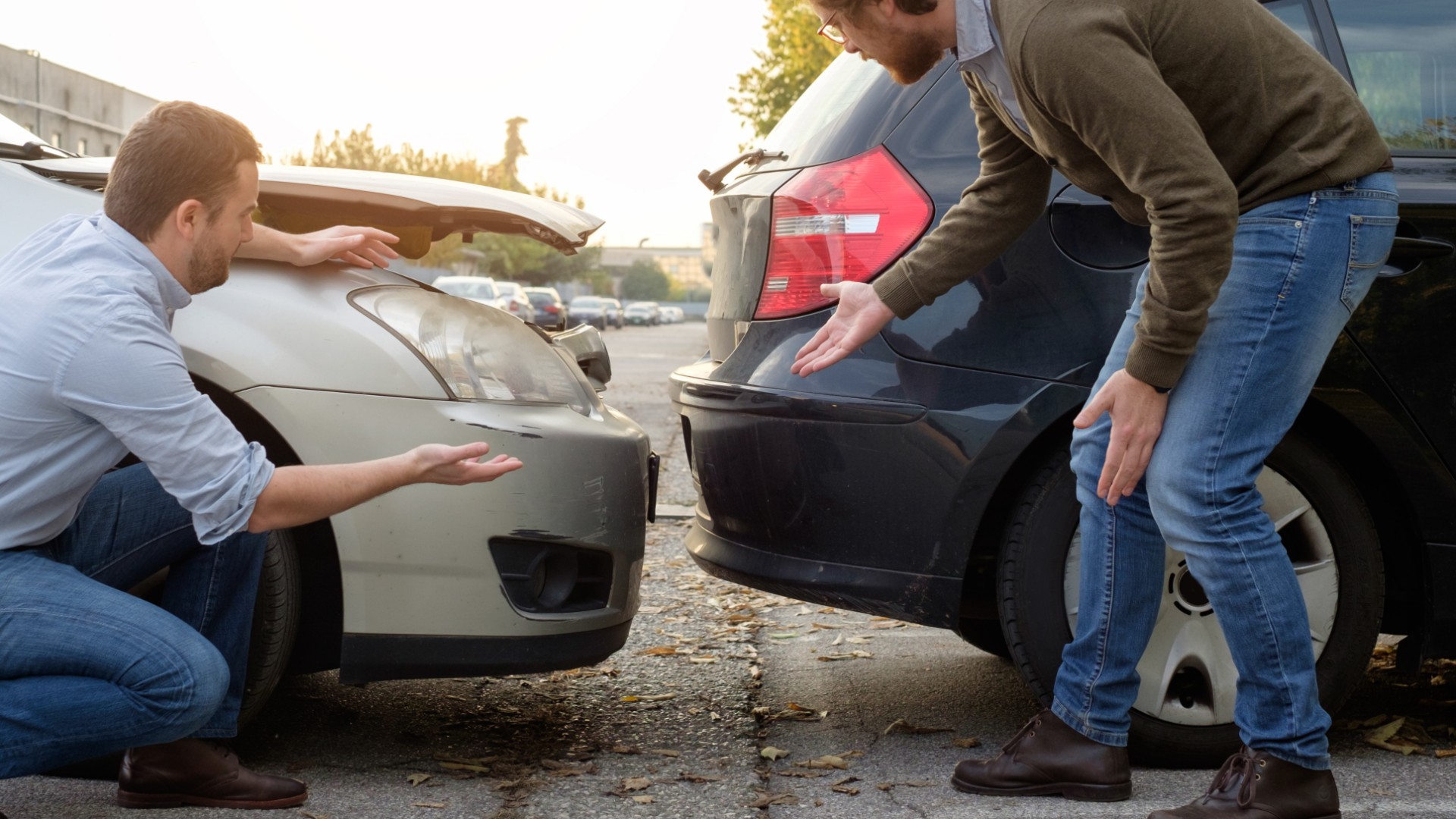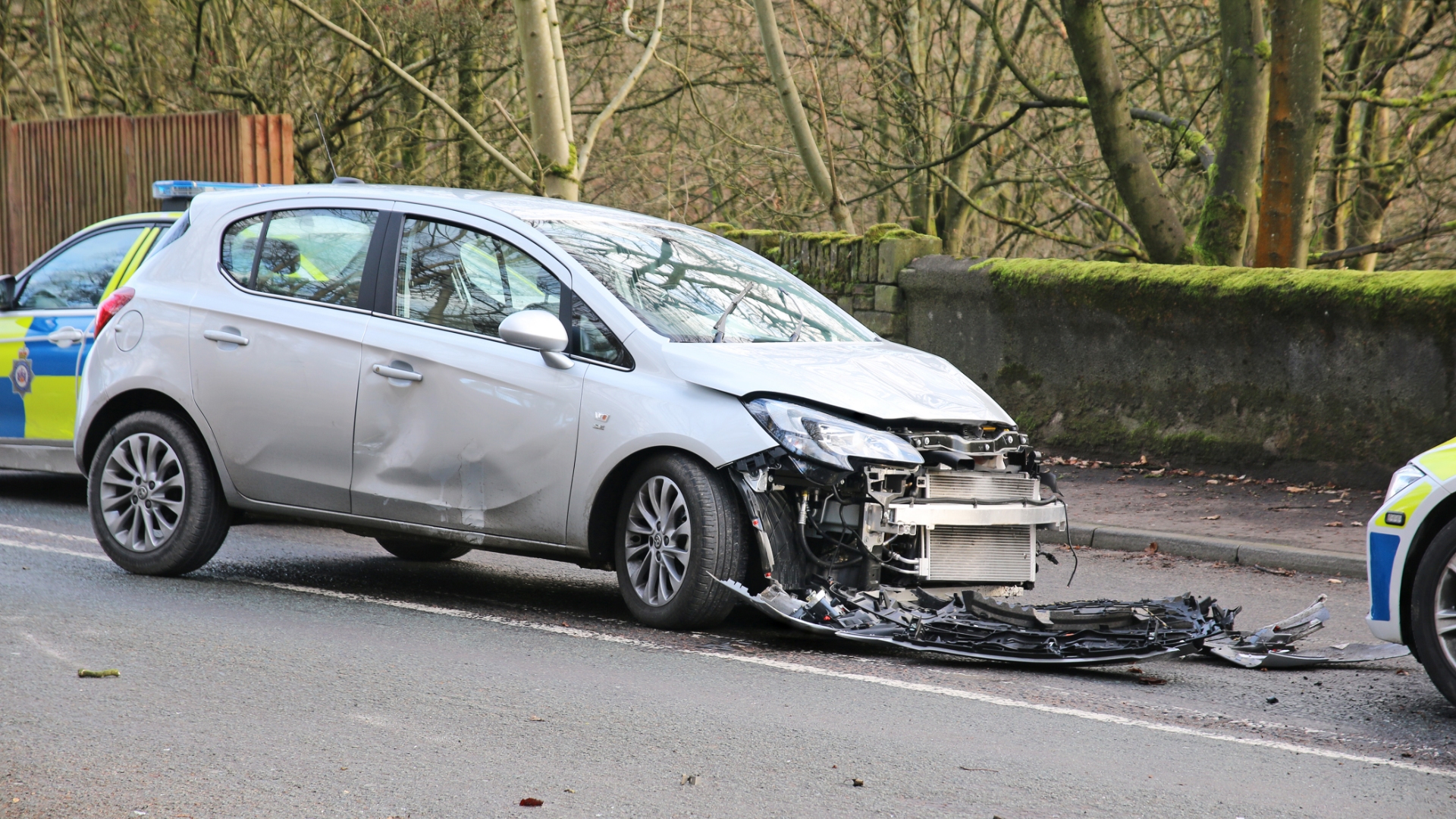
You might think a non-fault accident (another car hitting you from behind, for instance) doesn’t need to be declared to your insurance company – because you’re not making a claim.
Unfortunately, this isn’t the case. Your insurer wants to know about any mishap that happens in your car, regardless of fault. Read your policy small print and you’ll usually discover a clause saying all accidents in the last five years must be reported.
If you fail to report an incident and the insurance company finds out about it later (e.g. via the person who hit you making a claim, then the details being shared) this could invalidate your cover. It could also make it very difficult – and expensive – to buy insurance in future.
Will a non-fault accident affect my insurance?

In short, yes. Any accident that an insurance company learns about will affect their judgement of your risk level as a driver. Thus, even a non-fault incident may increase your premium at renewal time.
The good news is that your no-claims bonus should not be affected, as you haven’t made a claim.
How can I cut the cost of car insurance?

There are a few good ways to reduce your insurance premium. First and foremost, shop around – either by using comparison websites or old-fashioned telephone quotes. Remember: insurers are in competition for your business. Your provider will often renew your cover at a price you could beat if you looked elsewhere.
Choosing a less powerful or expensive car, adding named drivers to the policy, a telematics ‘black box’ and increasing your voluntary excess are other options worth considering.
You can discover other – less obvious – ways to reduce your insurance costs in our guide.
What you mustn’t do is lie about anything on your policy, including your annual mileage, any modifications to your car and where you live. There is a zero-tolerance policy to bending the truth when it comes to car insurance.
ALSO READ:
The new cars we can’t wait to drive in 2021
Your insurer wants to know about any mishap that happens in your car.
If I may advise that you are not fully correct. Your insurer wants to know about any incident or claim regardless of fault. This could be in your car, your partners car, a work vehicle. In fact if you drive a company van it is not only claims/incidents under the company policy, they need to know of any claims/incidents outside of the business. The same way that your own insurer would need to know about any claims/incidents under a company/business policy. These are all materials facts because they involve a driver of the vehicle not just the vehicle.
all accidents in the last five years must be reported. Again all claims, for you, any proposed driver under any other policy.